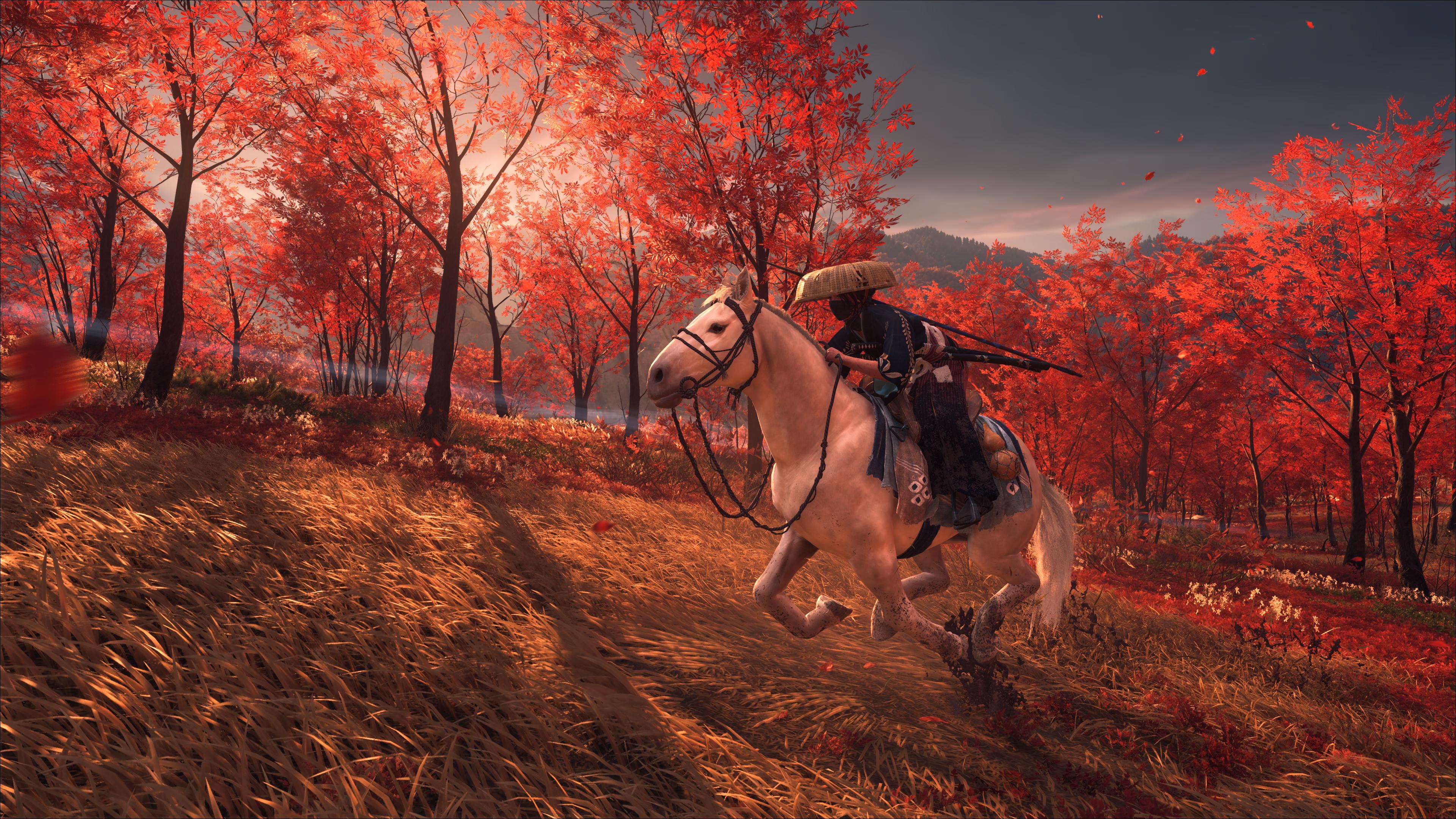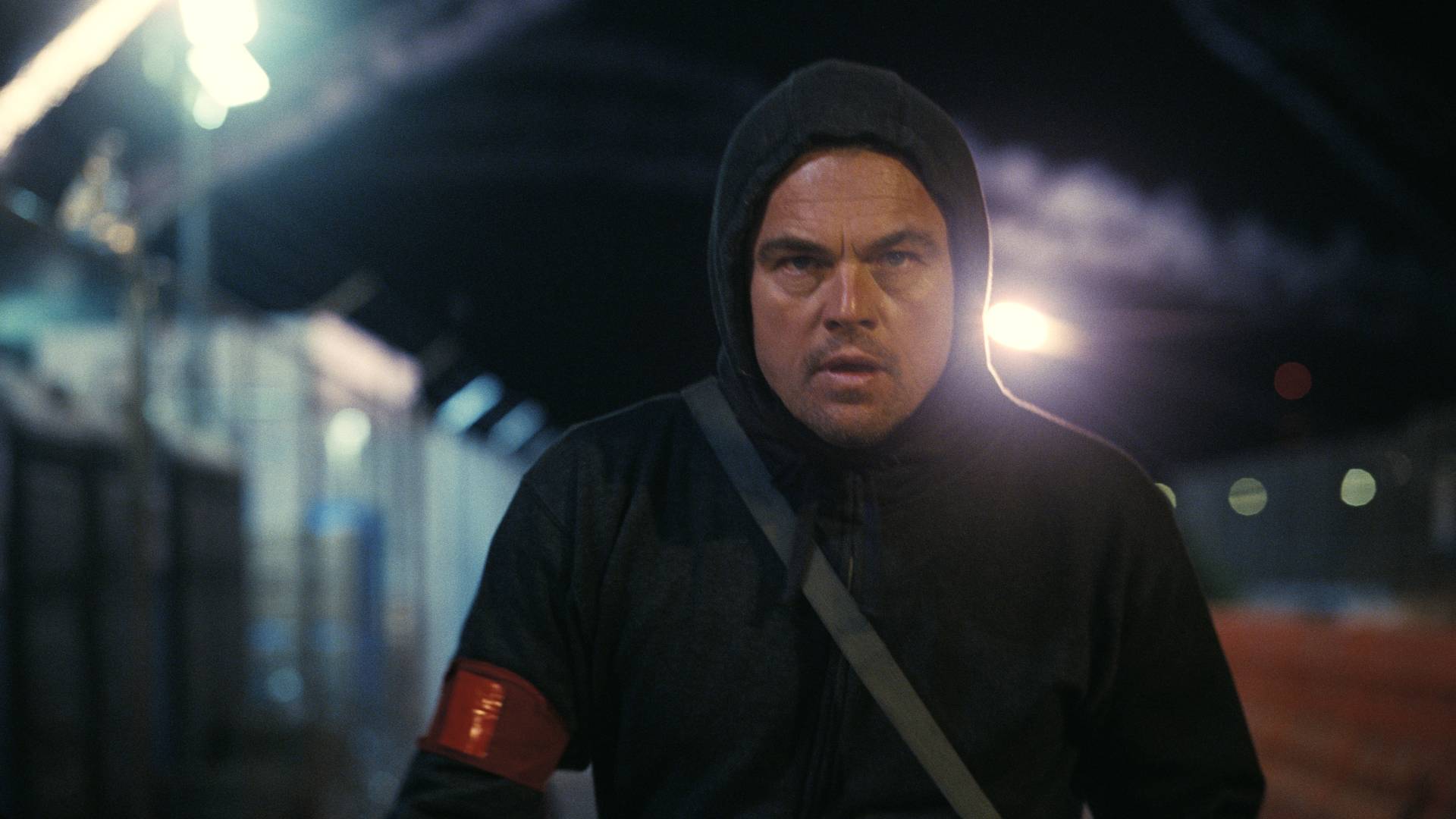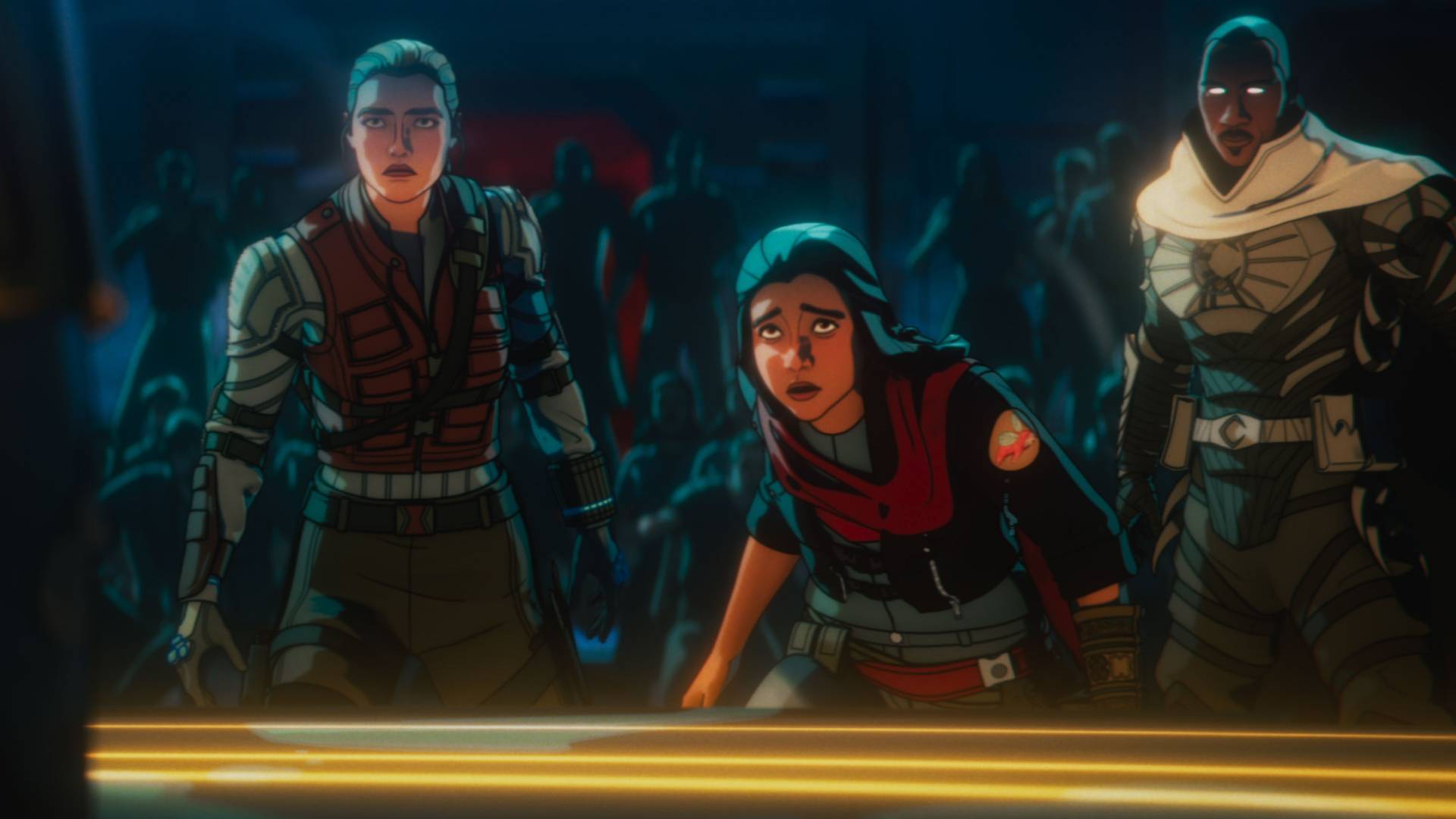The Elephant Man at 45: Looking back at David Lynch's most moving film
As its 45th anniversary approaches, we revisit David Lynch's melancholy classic
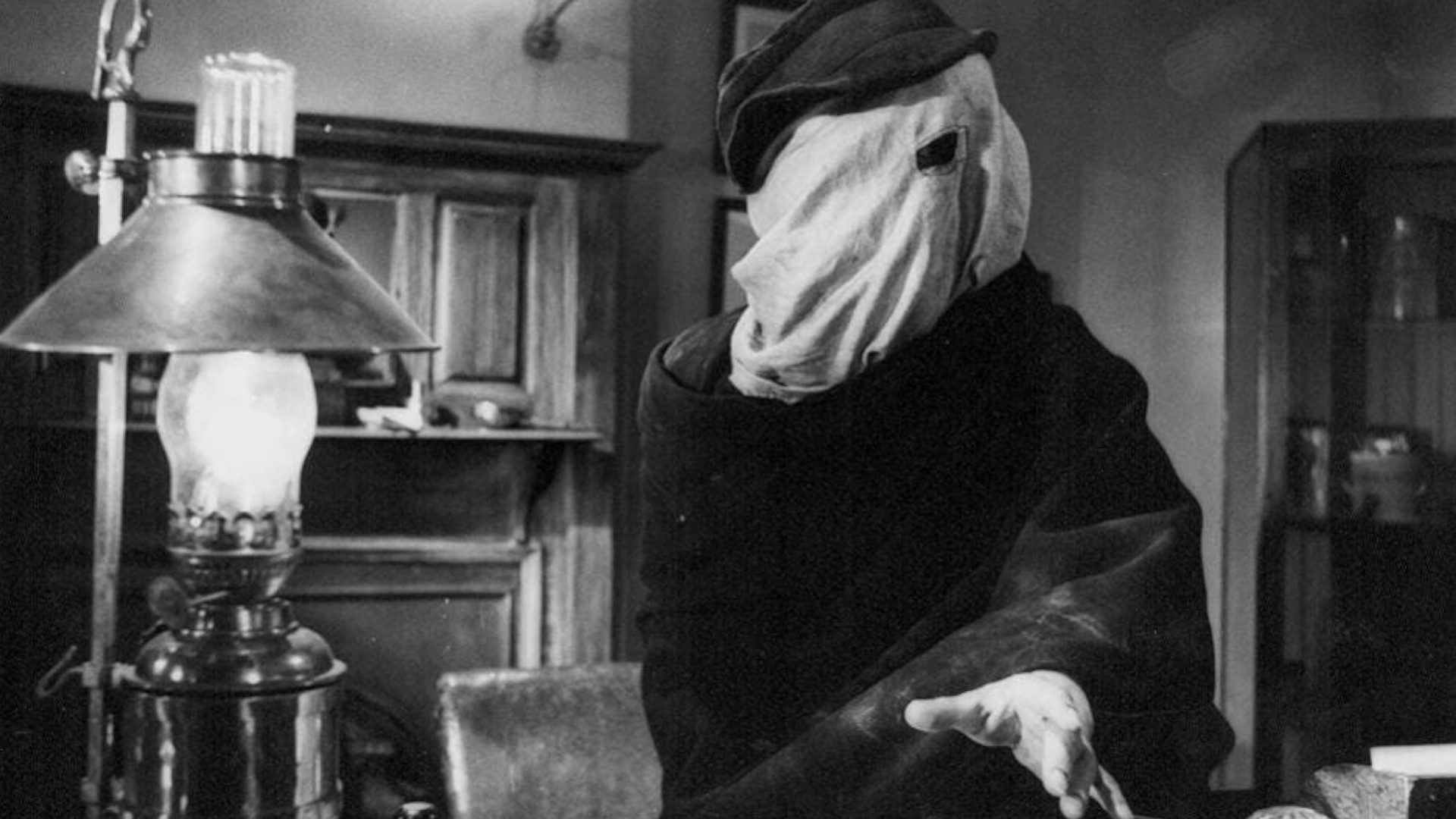
The Elephant Man occupies a slightly strange place in David Lynch's legendary filmography. His second full-length feature, following 1977's Eraserhead, is universally regarded as a masterpiece and was nominated for eight Academy Awards, including the coveted Best Picture and Best Director awards. Even so, it's not always talked about in the same way as some of his later, more obviously "Lynchian" works: Blue Velvet, Twin Peaks, Lost Highway, Mulholland Drive, and more.
Perhaps that's because it is – by his standards at least – a relatively conventional work. It has a linear story and even fits neatly into a specific genre: it's a biopic, telling the story of Joseph Merrick (in the film renamed John), a man born with severe physical deformities, who spent some time as an exhibit in so-called "freak shows."
As the film approaches its 45th birthday on October 3, we decided to take a look back at this terrific, emotional movie. Helping us out is actress Lesley Dunlop, who played Nora, the kindly nurse in the film who is initially terrified of Merrick, but grows fond of him. It's a relatively small role in the film, but a memorable one. Recalling her time working on the film, Dunlop describes it as, "One of the happiest times in my career. It was just fantastic. I was literally working with the best people in the business."
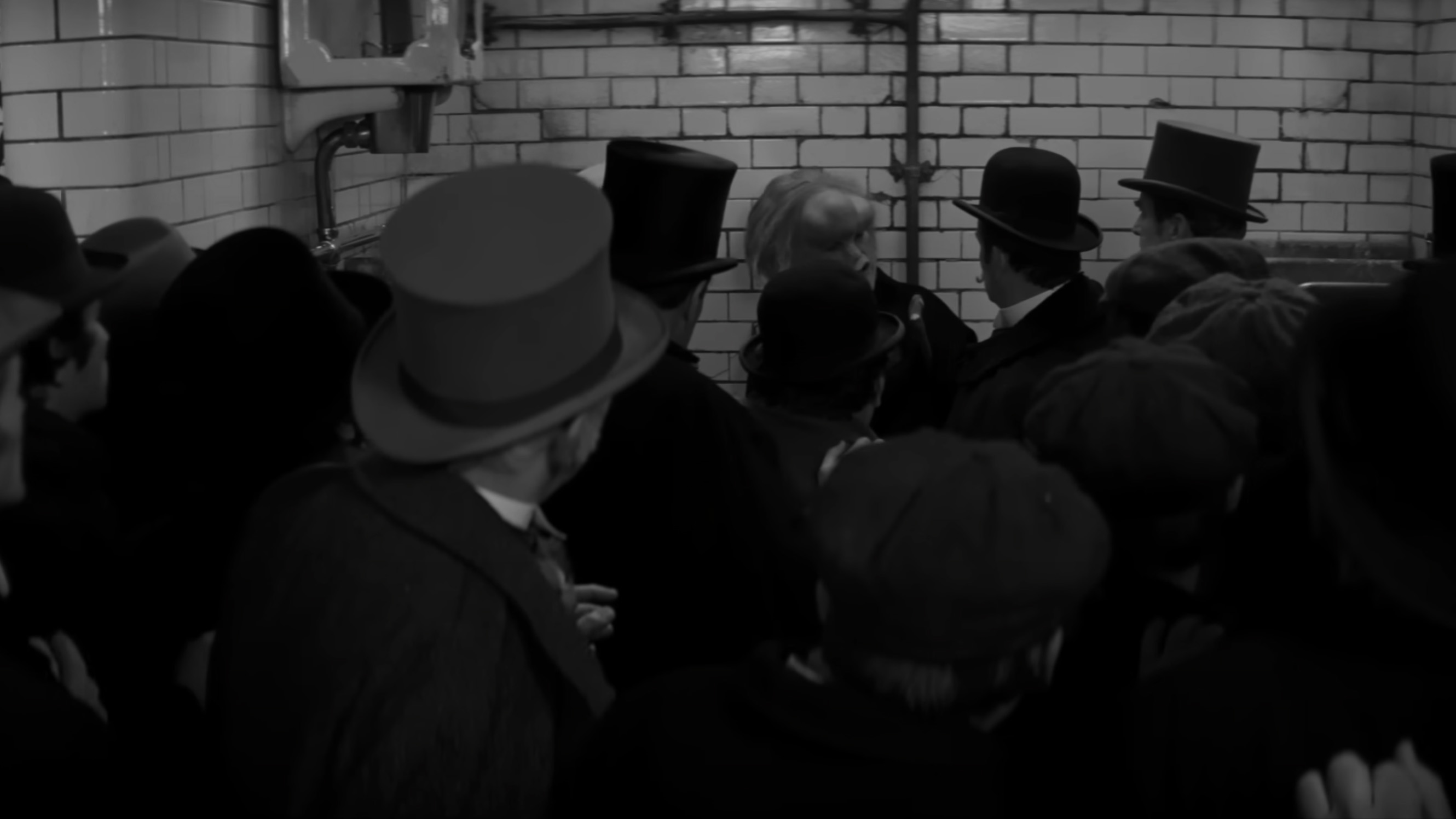
Making a masterpiece
The idea to make a film based on Merrick's life started with a spec script written by Christopher de Vore and Eric Bergren, which made it into the hands of producer Jonathan Sanger (via his babysitter, who was dating de Vore). He was immediately captivated by the story and optioned the screenplay. Comedy legend Mel Brooks also played a pivotal role in getting the film made, coming on board as an (uncredited, to avoid the assumption that the film would be a spoof) producer. Brooks was initially keen that Alan Parker direct the movie, but Sanger – who had loved Eraserhead – was insistent that the job go to Lynch. A productive meeting between Brooks and the director followed, with the former acting as a strong ally for the still relatively green Lynch when things got tough.
Casting the right actor for the role of Joseph – or in this case John – Merrick was essential. Brooks, Sanger, and Lynch were all keen on John Hurt and arranged a meeting between them and the actor. To convey some of the potential mood of the movie, Brooks had enormous photographs of the real Merrick blown up and placed around his office. The pitch clearly went well – while his manager was playing it cool, the actor excitedly stood up and declared, "I want to do this movie!" Casting for the rest of the film took place soon after, with Sir Anthony Hopkins taking the crucial role of surgeon Frederick Treves, another real-life figure who befriended and cared for Merrick in his final years.
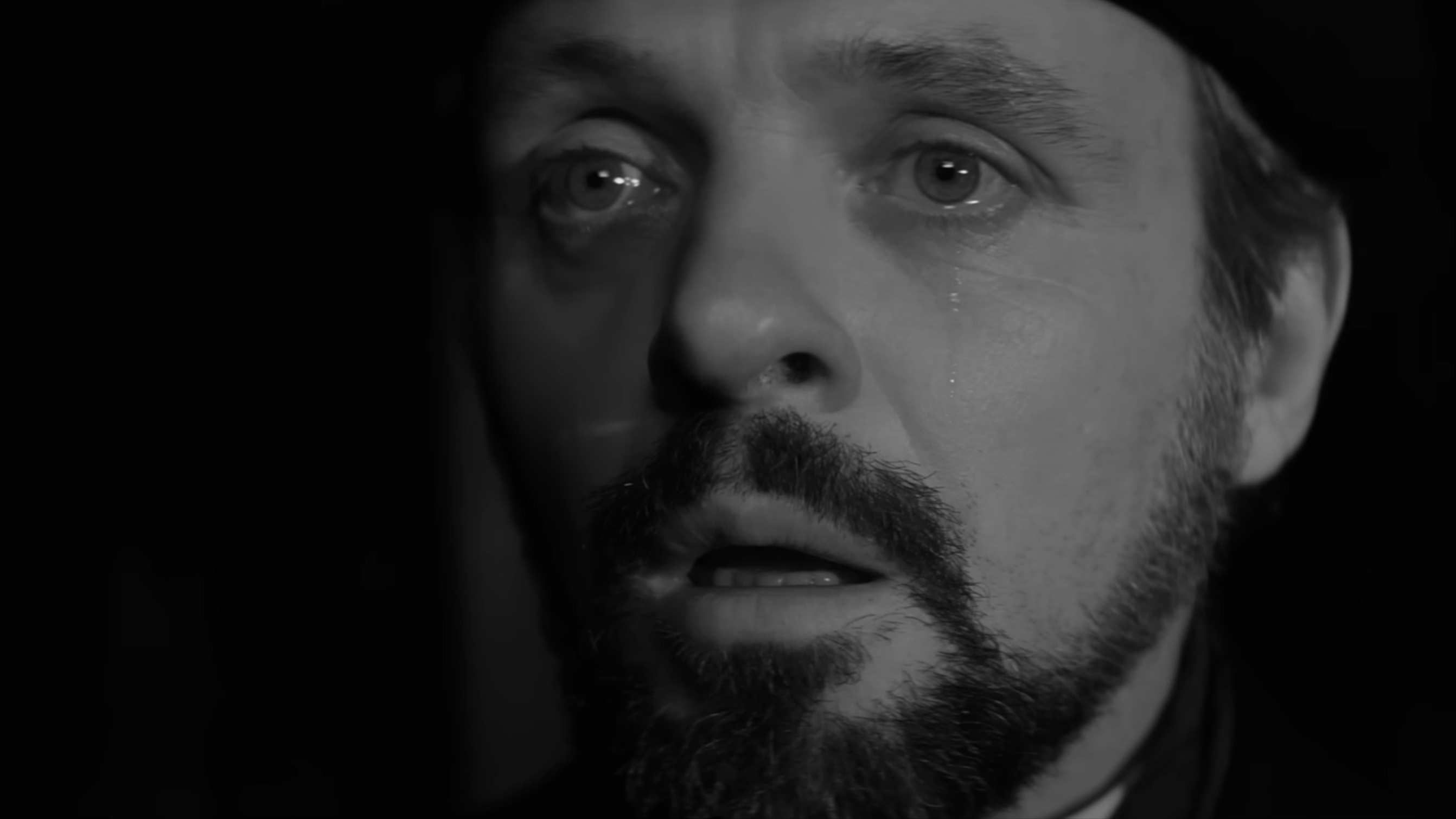
Production on the movie started on October 15, 1979 (a month after Hurt had turned stomachs as Kane, the first ever victim of a facehugger in Ridley Scott's Alien). Shooting took place throughout various locations in London, most notably the shadowy corridors of the Eastern Hospital on Homerton Row – long since replaced by the modern Homerton University Hospital. A deeply atmospheric set, it was the ideal place to tell Merrick's story.
"It was like another world once you got into costume and into the old hospital," recalls Lesley Dunlop. "David kept getting bothered by the extras. They had one room in the hospital, and all the extras had sort of set up a little market where they were selling things: jewellery, little crafts. This woman said to me, 'You're always talking to him. See if he wants to buy any of my necklaces!' So I walked up to David, who was probably deep in thought about his next shot, and said, 'David, there's a lady over there who wants you to buy her jewellery!' We were laughing so much at all these people always trying to sell us stuff."
One of the biggest problems that arose during production centered on how to realize Merrick's visible differences. Lynch had a makeup effect designed for John Hurt. By the time shooting came around, however, the actor had lost weight, and it was clear the effect would not work. The team turned to Christopher Tucker, who had worked on various alien effects for the first Star Wars movie. It was a challenging process and a tight schedule, but the effect was stunning. "I remember John coming towards me and I thought, 'Oh my god, it looks so real!'" recalls Lesley Dunlop. "He came towards me, and I was trying to see if I could make out that it was him under there. Then he said, 'Ay up, Dunlop!'"
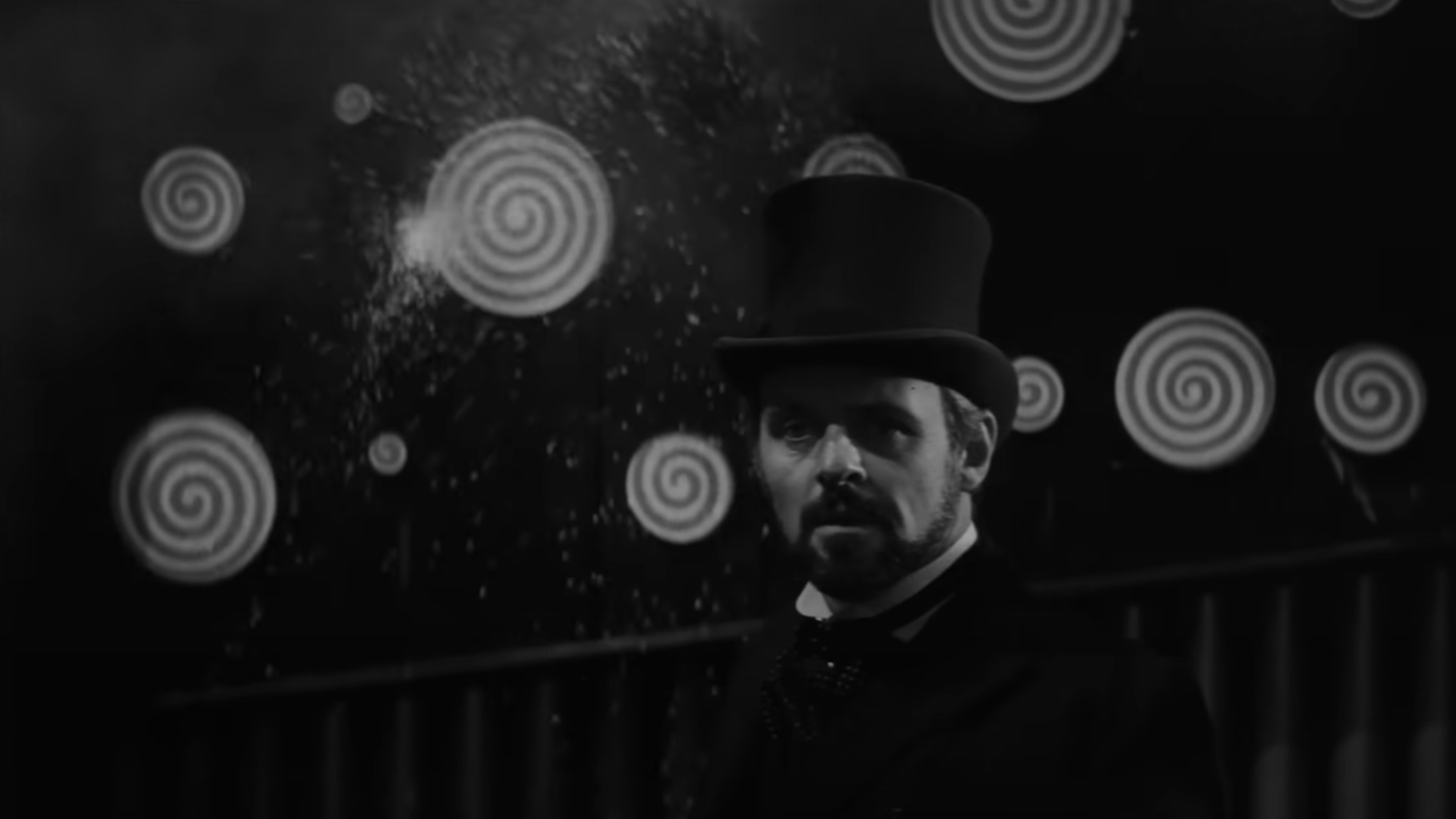
An enduring classic
The Elephant Man was eventually released on October 3, 1980, just under a year after production had begun. It was an immediate critical and box office success, pulling in a, for the time, very impressive $26 million in the United States and also performing notably well in Japan. Its success was undoubtedly a huge boost to Lynch's burgeoning directorial career and helped put him in the frame to make his next film – and a movie that he would come to regret – 1984's sprawling, oft-derided, but iconoclastic, adaptation of Frank Herbert's Dune.
Thinking back to her time working with Lynch, Lesley Dunlop has nothing but praise for the film and its director. "David was extraordinary. He had a very still quality, and he had that sort of slow drawl. I remember him telling me about the film and that it was going to be in black and white, and it just sounded amazing. I just wanted to do it immediately. There were times you looked at him in his eyes and saw the empathy that he had for the character. It was just a magical experience working on the whole thing. You felt so much a part of it."
While The Elephant Man didn't win any of the Oscars it was nominated for (that year's Best Picture award went to Ordinary People, directed by the late Robert Redford), it has undoubtedly lived on as, perhaps, David Lynch's most accessible work and a beautiful, humane masterpiece that still speaks to people 45 years later. Looking back on the film for its Making Of documentary, the late John Hurt summed up the film's enduring power with his closing comments. "I would say that if you can manage to get to the end of The Elephant Man without being moved, I don't think you'd be someone I'd want to know."
Lesley Dunlop will be appearing in person at A Gathering of the Angels in London this Sunday. The event takes place over all of September 27 and 28 and features a whole host of Lynchian special guests, with Dunlop appearing on stage with her The Elephant Man co-star Dexter Fletcher. Tickets are available now at the link above. For more David Lynch, check out our recent interview with Twin Peaks star Chrystabell.

Will Salmon is the Streaming Editor for GamesRadar+. He has been writing about film, TV, comics, and music for more than 15 years, which is quite a long time if you stop and think about it. At Future he launched the scary movie magazine Horrorville, relaunched Comic Heroes, and has written for every issue of SFX magazine for well over a decade. His music writing has appeared in The Quietus, MOJO, Electronic Sound, Clash, and loads of other places too.
You must confirm your public display name before commenting
Please logout and then login again, you will then be prompted to enter your display name.
